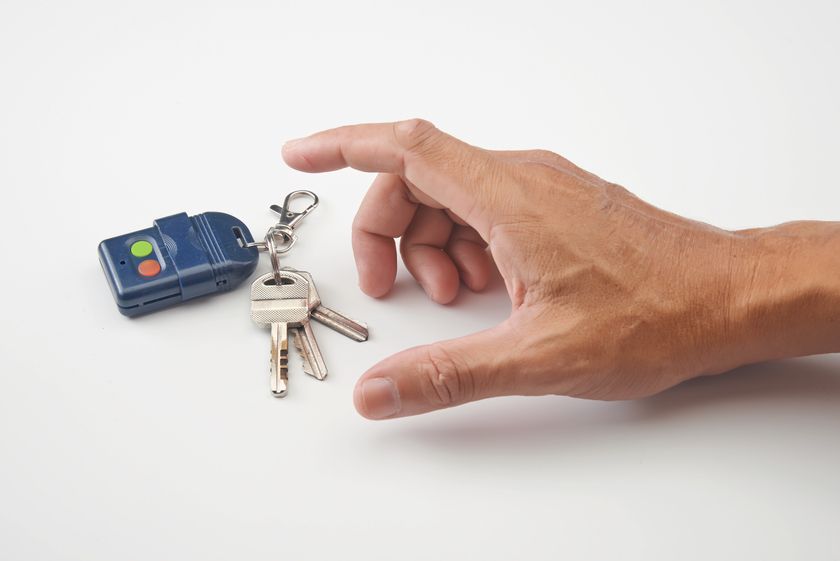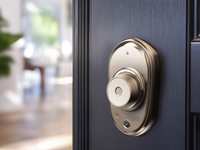TABLE OF CONTENTS
- Categories :
- More
Customized Access Control: How Do Door Key Fob Systems Work?

As security technology has evolved over the past few decades, commercial door key fobs have continued to be integral parts of access control systems, offering solutions for several types of businesses, including office buildings and larger facilities like schools and hospitals. Although the purpose of door key fobs has stayed the same, the way they are used and operate has evolved along with modern technologies.
Door fobs work by acting as a transmitter to manage access to certain doors, allowing properties to effectively upgrade their access control. Based on the selected security system, radio waves are sent from the door key fob to the reader, denying or granting access. Presenting itself as a seamless, hands-free access control solution, this key fob door entry system offers convenience for visitors, allowing businesses to assign access permissions to permitted individuals.
From basic door entry systems to complex setups, key door fobs are an ideal choice for properties seeking modern security infrastructure, seamlessly integrating with advanced access control systems, which includes biometric systems and other keyless entry systems.
Commercial Door Key Fob System Topics This Blog Includes:
Increased Door Security
Customized Access Control Permissions
Convenient Access Management
Affordable Access Control Solutions
While the initial cost for installing a door key fob entry system is higher than a traditional lock and key system, it’s worth the investment as it will give your business the security it needs. Lowering the chance of internal and external theft occurring, commercial key fobs require less maintenance, reducing costs and boosting efficiency. With seamless integration into existing security systems, there is no requirement to install a new access control system for your property, providing coverage against security threats.
Contact the security specialists at The Flying Locksmiths today to find out the benefits of door key fob access control systems and how we can implement door security solutions for your commercial property. We would be happy to present your business with a free assessment or quote, to give you an educated cost estimate. With extensive experience in upgrading door security, we will equip you with access control solutions that will help safeguard your property.
















